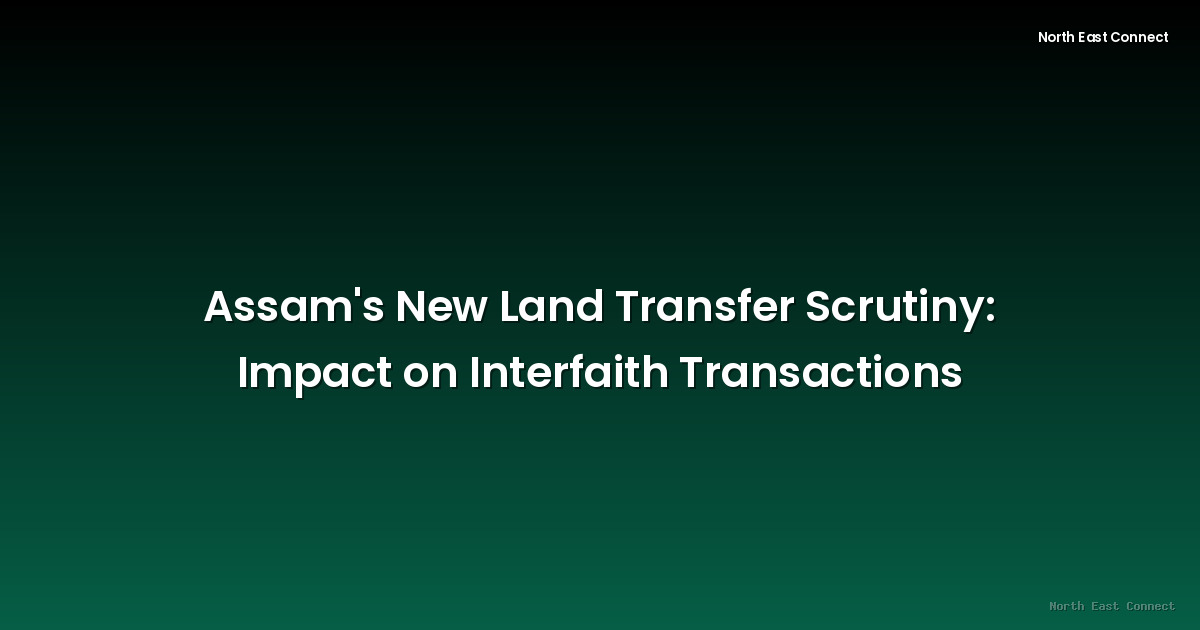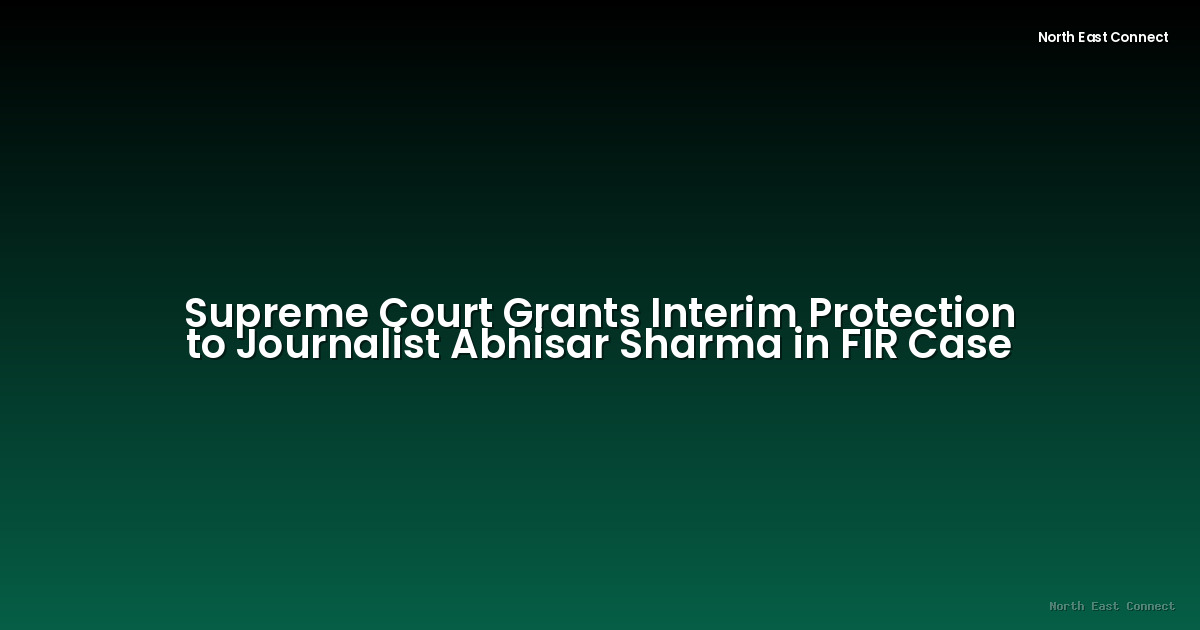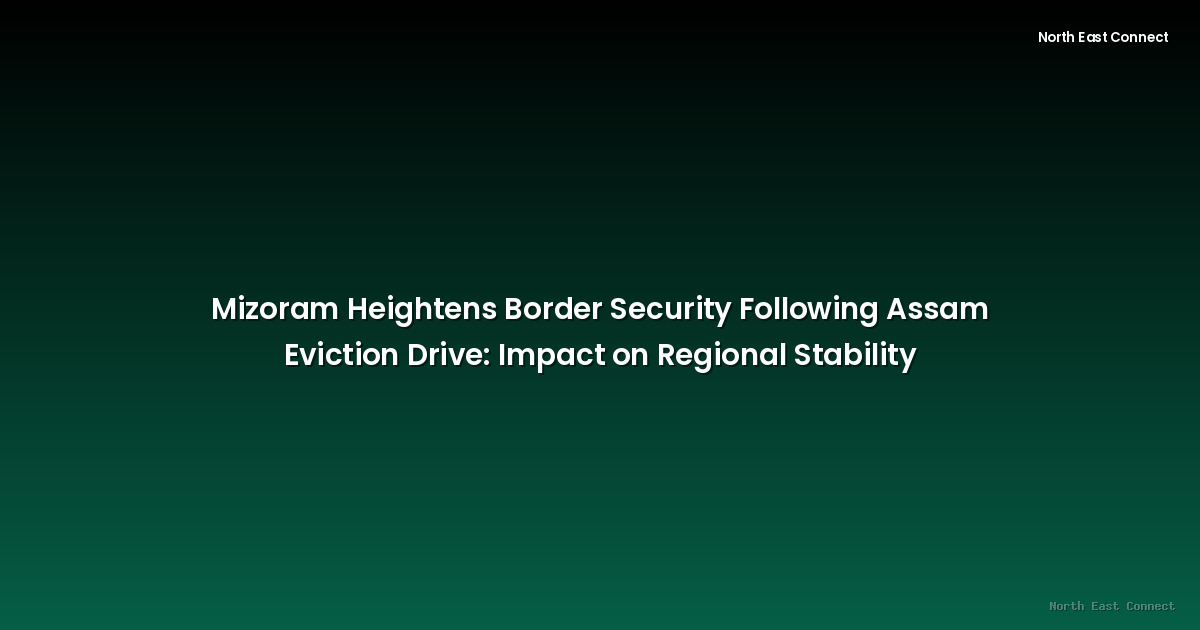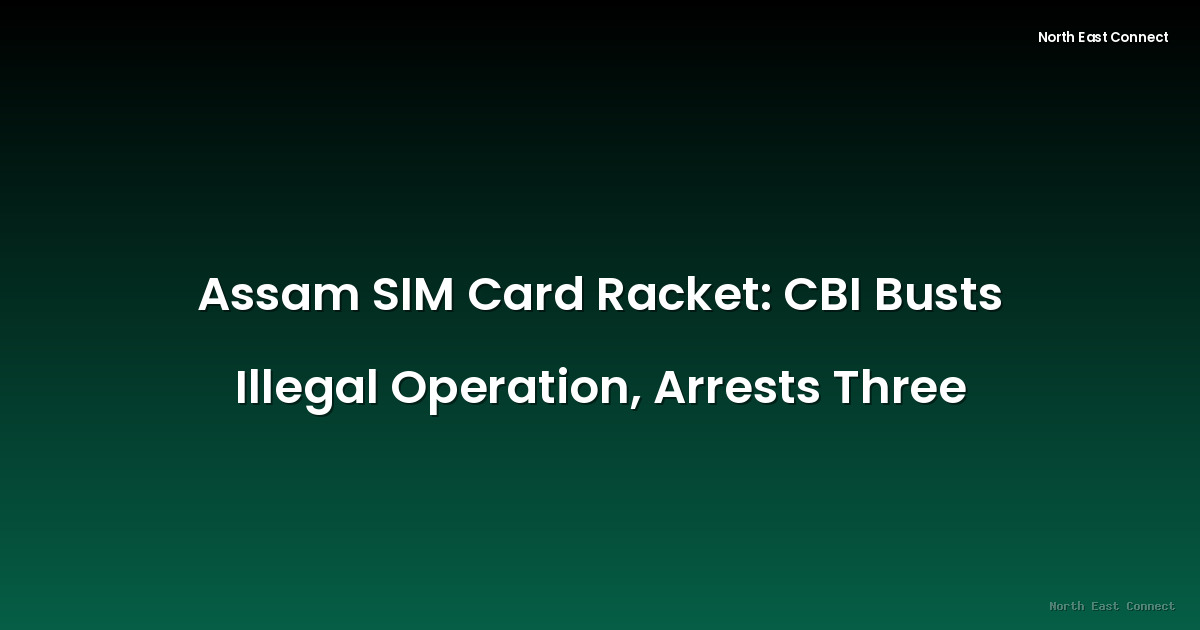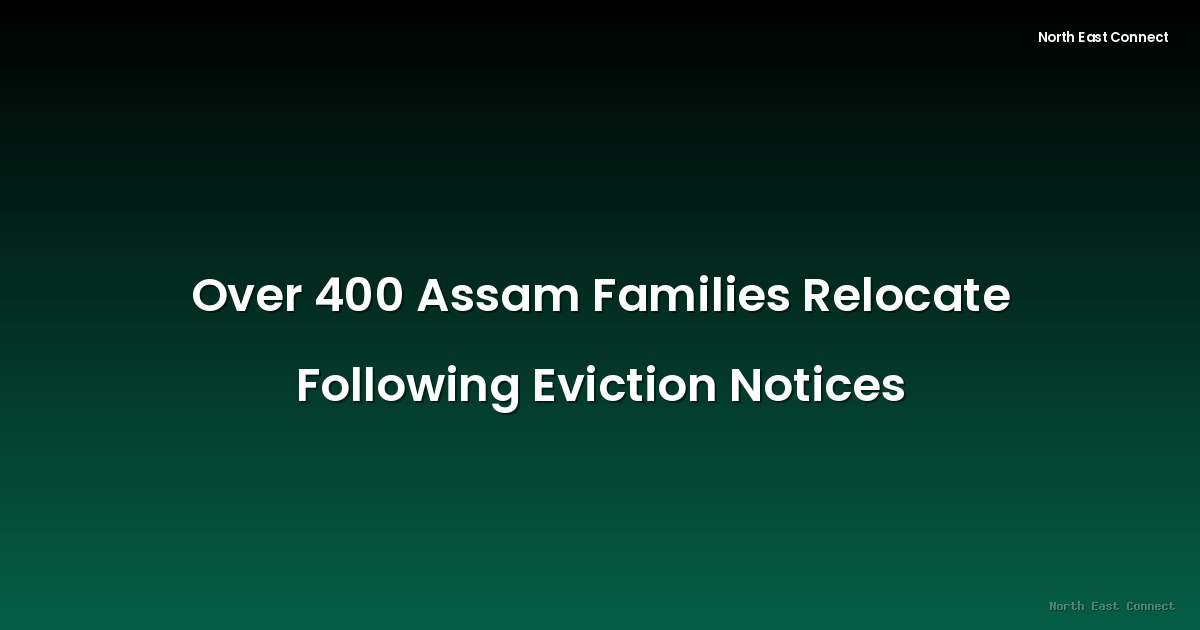2025-08-29 · News
Assam is implementing a new policy aimed at scrutinizing land transfers between individuals belonging to different religious communities. This move, announced by the state government, seeks to ensure transparency and potentially prevent fraudulent transactions. While the government maintains this is a measure to maintain order and prevent illegal activities, it has sparked debate regarding its potential impact on interfaith harmony and the ease of property transactions.
The policy mandates a more rigorous review process for land transfers involving parties from different religious backgrounds. This includes a detailed examination of documentation, verification of identities, and potentially, increased scrutiny by revenue officials. The specifics of the process are still being clarified, and the government has yet to fully explain the criteria for triggering this heightened level of scrutiny.
Proponents argue the measure is necessary to curb potential illegal land deals and protect vulnerable populations. They suggest that this enhanced scrutiny will deter fraudulent activity and maintain the integrity of land records. Concerns have been raised in the past about irregularities in land transfers, and this policy is framed as a response to these concerns.
However, critics express apprehension about the potential for discrimination and the creation of bureaucratic hurdles. There are worries that the policy could inadvertently target legitimate transactions and create unnecessary delays and complications for individuals involved in interfaith property dealings. The subjective nature of the assessment process is also a source of concern, raising questions about potential bias and inconsistencies in application.
The potential impact on interfaith relations is another significant consideration. While the government assures the policy is not intended to be discriminatory, there's potential for misinterpretation and increased tension between communities. The added layer of scrutiny might disproportionately impact interfaith families or individuals involved in joint ownership or inheritance matters.
The long-term consequences of this policy remain unclear. While the aim is to improve transparency and prevent fraud, the effectiveness and unintended side effects will only become apparent through time. The clarity and accessibility of the implementation procedures will be crucial in determining whether the policy achieves its intended goal without negatively impacting interfaith relationships and economic activity. Further details on the precise parameters and the appeal process are eagerly awaited. The policy's success will hinge on its impartial and efficient execution, ensuring fairness and preventing any discrimination based on religious affiliation.
The state government needs to provide clear guidelines and a robust appeal mechanism to ensure transparency and fairness in the implementation of this new policy. Public education campaigns explaining the process and addressing potential concerns are also necessary to mitigate potential negative impacts on community relations.

